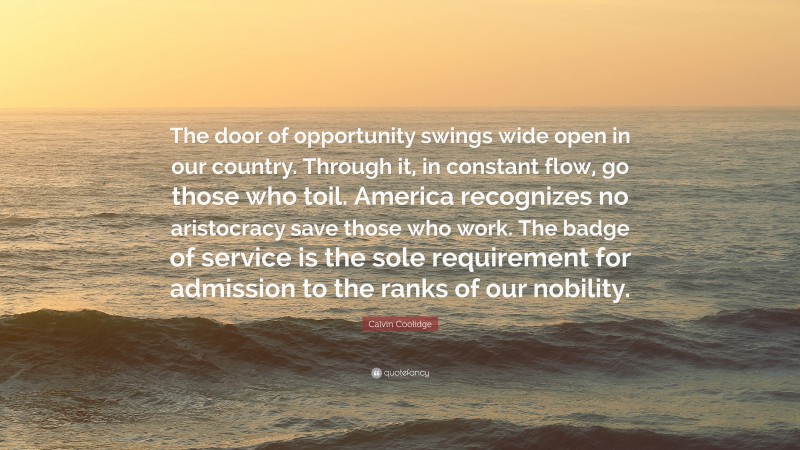


republic charts the development of capitalism in terms of chains of credit and commodities, organization, and technology. It’s leading argument is that the business of slavery in the early U.S. The Business of Slavery and the Rise of American Capitalism tells the story of capitalist development through seven slave-trading firms and related enterprises. Podcast interview with “New Books Network” here. Podcast interview with “The Age of Jackson” here. In-the-united-states/ courtesy of Cambridge University Press and the African American Intellectual History Society. Read an excerpt from the introduction here: It explores the personal narratives of enslaved people and develops themes such as politics, economics, labor, literature, rebellion, and social conditions. In chapters organized chronologically, Unrequited Toil argues that American economic development relied upon African Americans’ social reproduction while simultaneously destroying their intergenerational cultural continuity. It charts changes in the family liv es of enslaved Americans, exploring the broader processes of nation-building in the United States, growth and intensification of national and international markets, the institutionalization of chattel slavery, and the growing relevance of race in the politics and society of the republic. Unrequited Toilexplains how an institution that seemed to be disappearing at the end of the American Revolution rose to become the most contested and valuable economic interest in the United States by 1850.


 0 kommentar(er)
0 kommentar(er)
